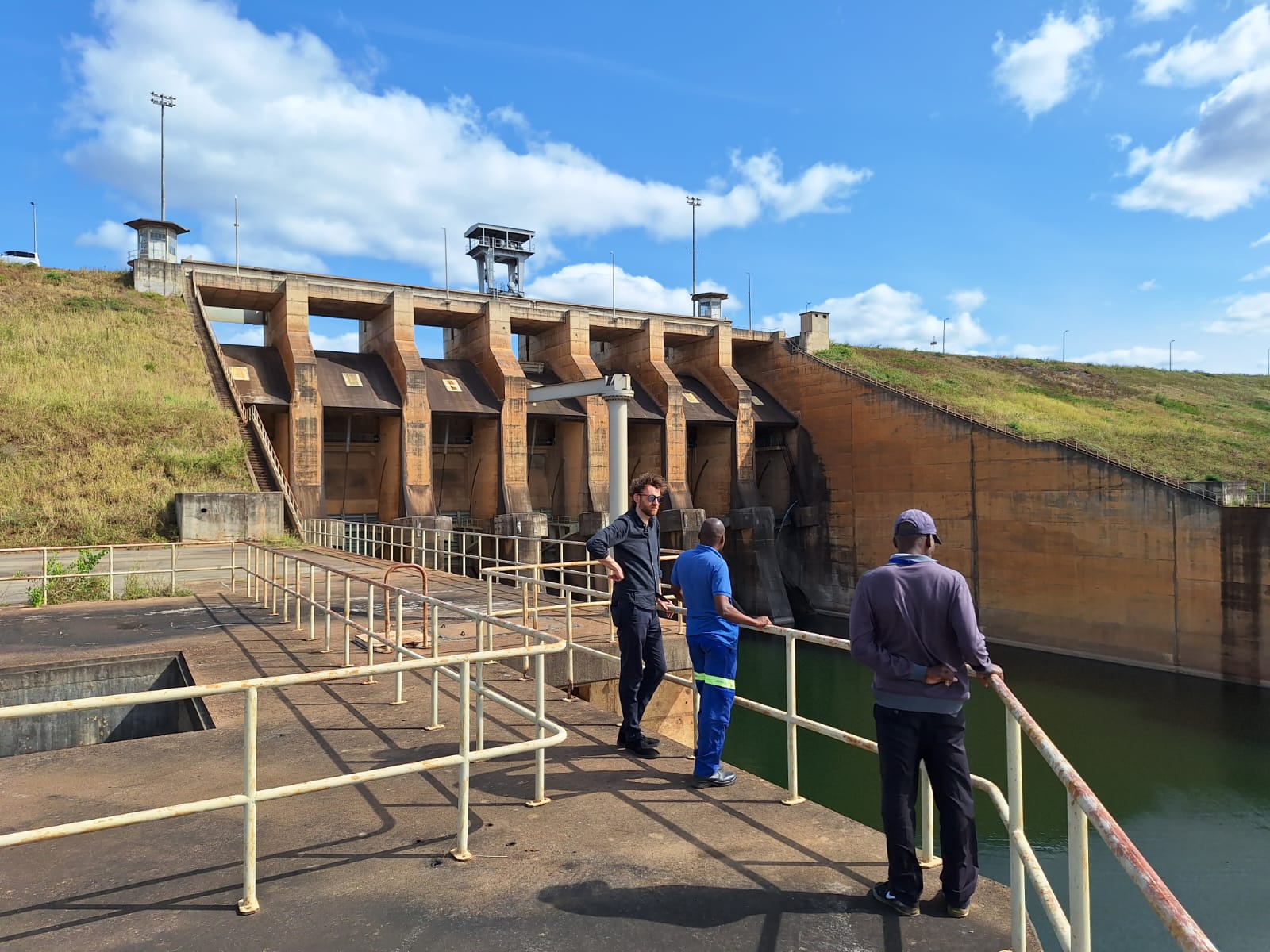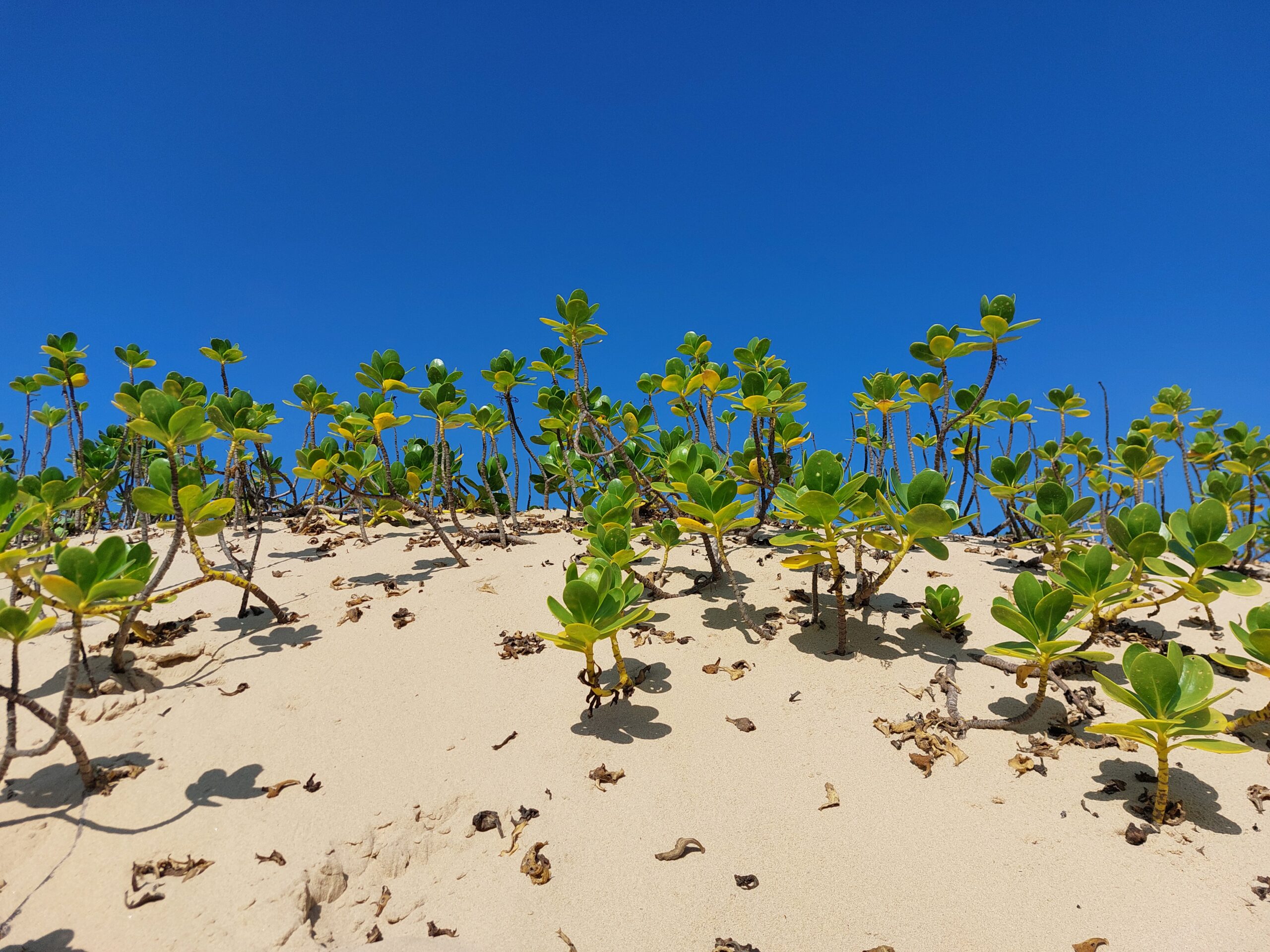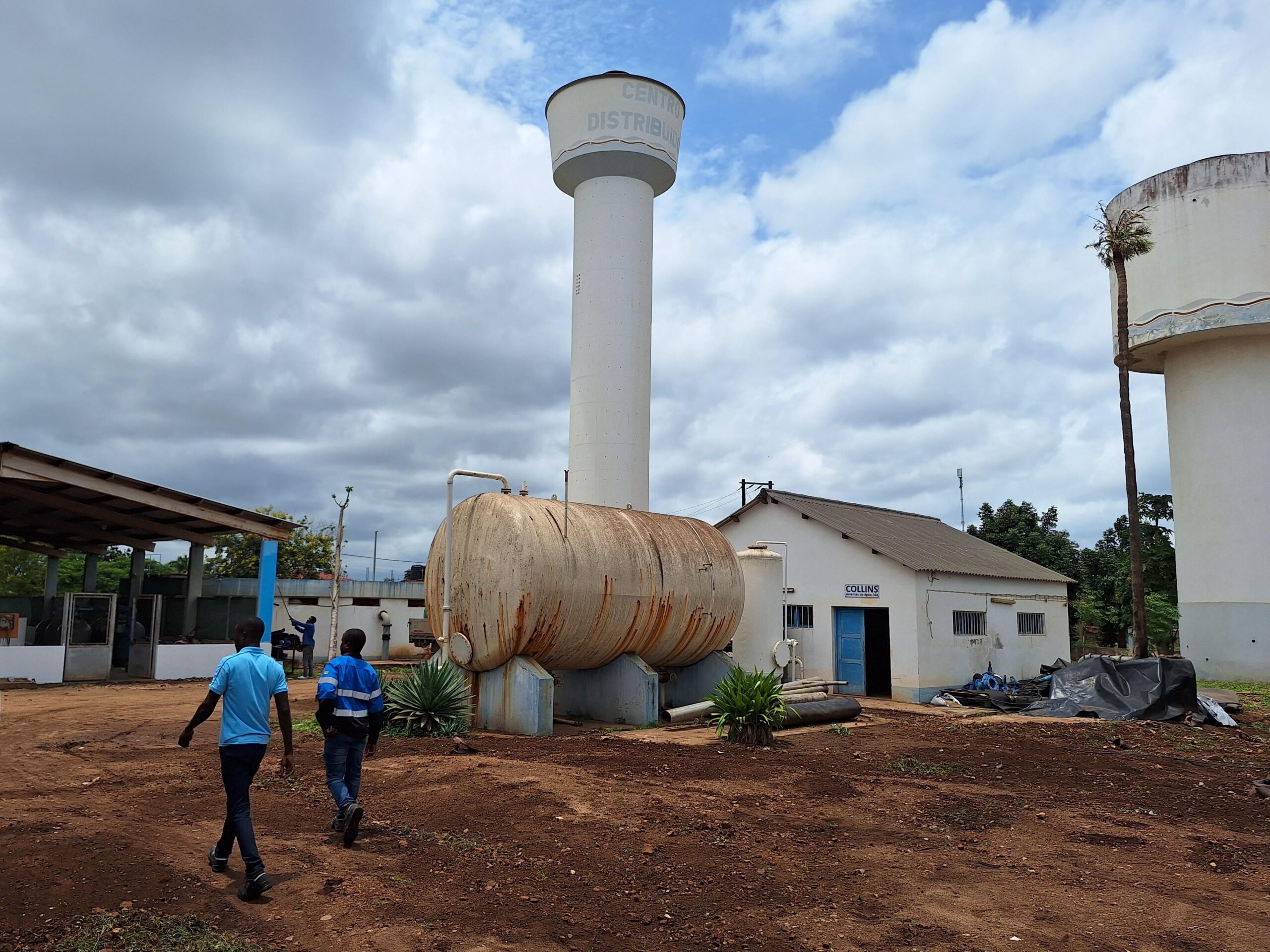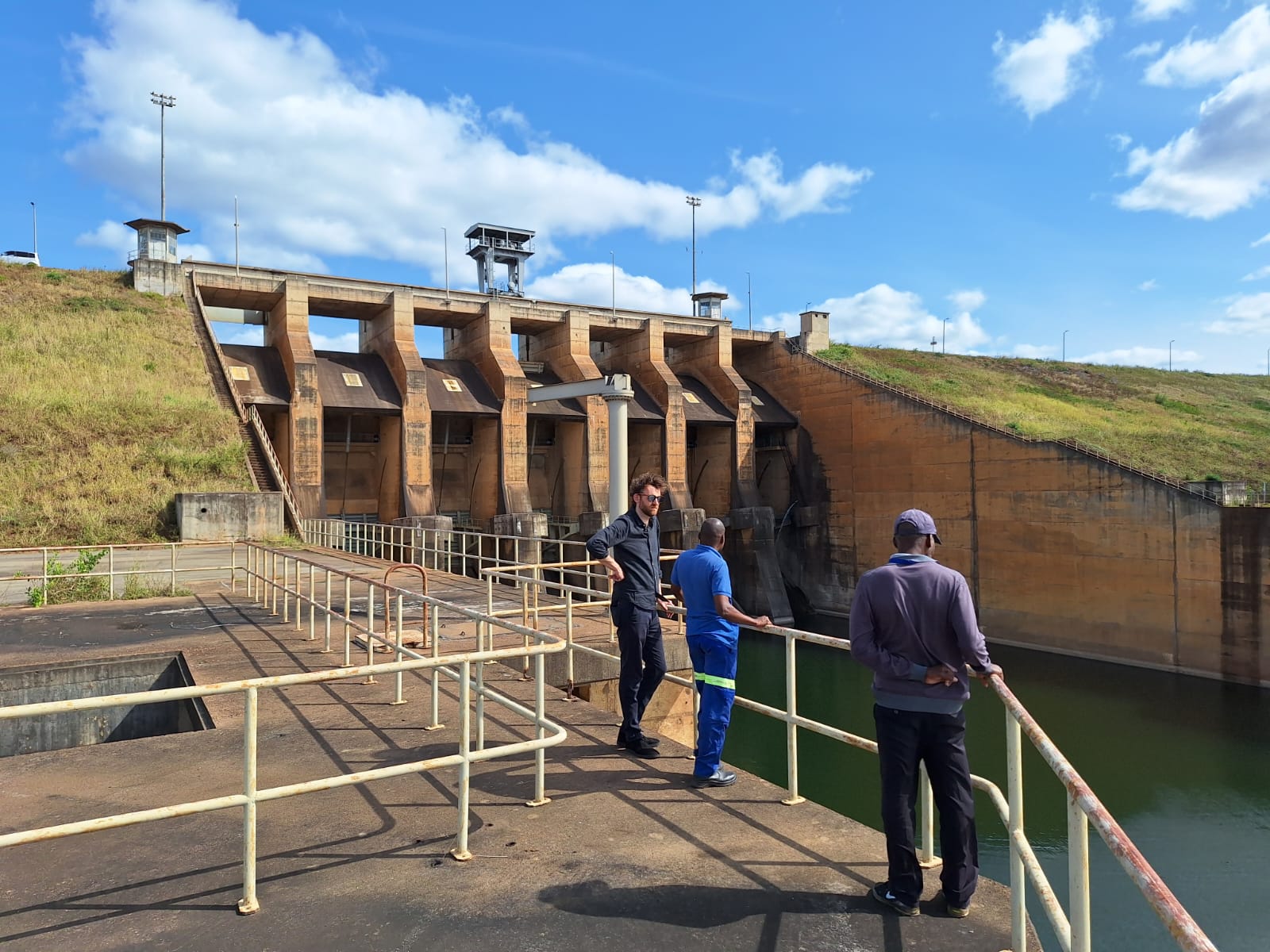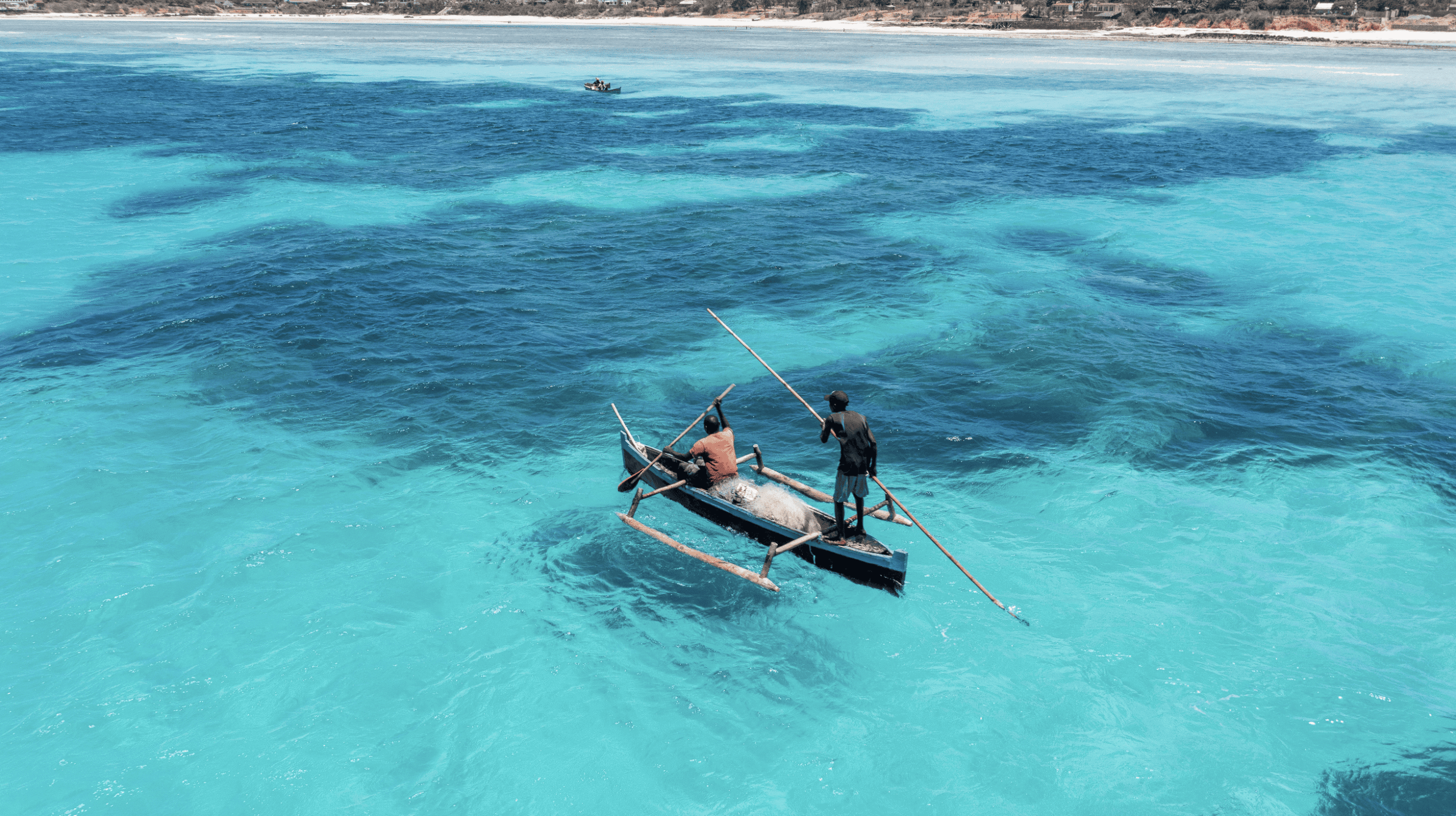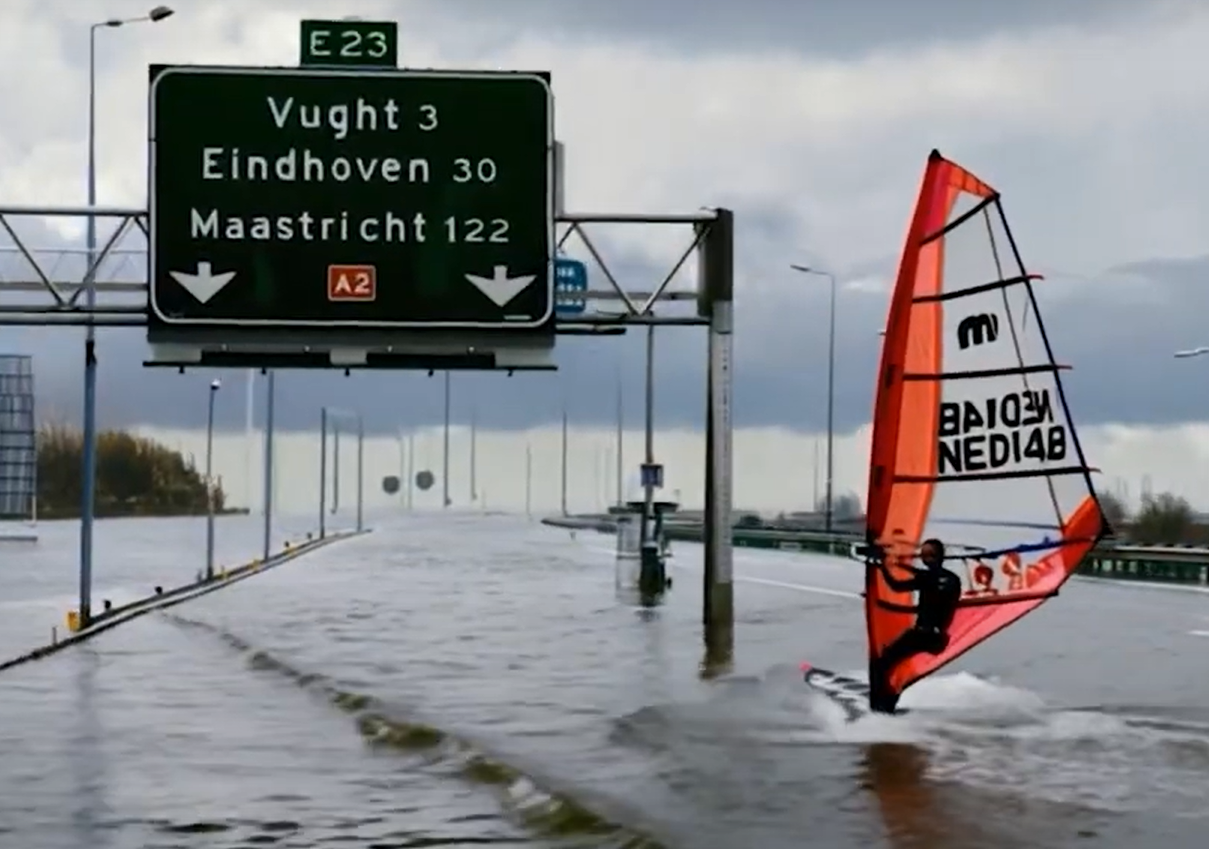Mozambique is one of the world’s most climate-vulnerable countries. The impacts of climate change—such as shifting rainfall patterns and extreme weather events—are placing increasing pressure on water systems. Droughts and floods pose growing risks to food security, safety, public health and living conditions, both in rural and urban areas. Responding to these challenges requires increased resilience, access to knowledge, improved infrastructure, and a strategic approach to water governance.
This programme aims to deepen understanding of Mozambique’s vulnerability to climate-related water challenges. It examines the social, economic and political barriers that may hinder change, and explores actionable strategies for a just, sustainable, and resilient water transition, one that serves local communities and prioritises the needs of marginalised groups.
The Just Water Transition Mozambique project is part of KIN’s Global Transitions programme line.
Early exploration
In 2024, KIN initiated exploratory activities in Mozambique. A roundtable discussion, expert session and individual scoping meetings helped identify key barriers and challenges related to climate resilience and knowledge exchange. These early insights now inform the design of the programme and its collaborative approach going forward.
Programme Committee Global Transitions
To monitor the quality of the activities within the Global Transitions programme line, a programme committee of international experts advices the KIN on its activities. It acts as a quality monitor for the programmes, focusing on both scientific and social quality and the potential impact of the activities. The Programme Committee represents a diversity of national and international knowledge and expertise from various sectors. Read more about the Programme Committee Global Transitions
here.
